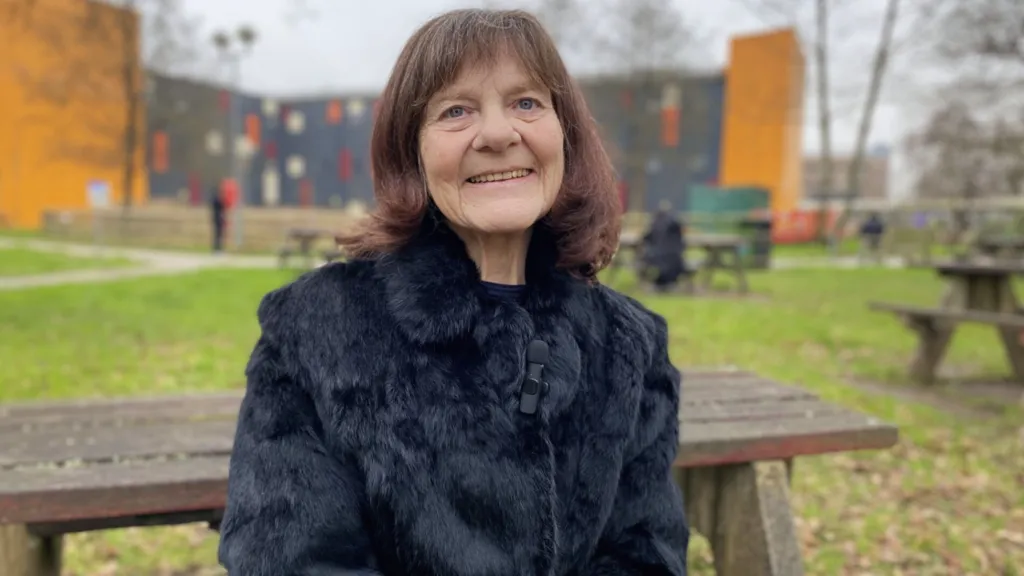A team of nurses who helped nearly 200 people in North Lincolnshire access health services has secured funding to keep going for another 12 months.
The community inclusion team at NHS Humber Health Partnership was set up in 2023 to help those who do not have regular access to services due to their personal circumstances, such as vulnerable people and members of the travelling community, according to bosses.
Their role includes hosting community drop-in sessions and visiting people living on the streets or in temporary accommodation.
To date, the team – dubbed "the angels" – has seen 196 patients, who were previously not engaging with health services, the organisation has said.
'Rewarding job'
Matron Laura Inglis said: "Sometimes it can take weeks or months before people will approach us, but we now have regular patients we see and have developed strong relationships with.
"It's a rewarding job, getting people the help they desperately need," she said.
NHS Humber Health Partnership said feedback from those using the service had been very positive.
The team is hoping to carry out more outreach work with rough sleepers over the next 12 months, the organisation added.
Lincolnshire on BBC Sounds latest episode of Look North here.









